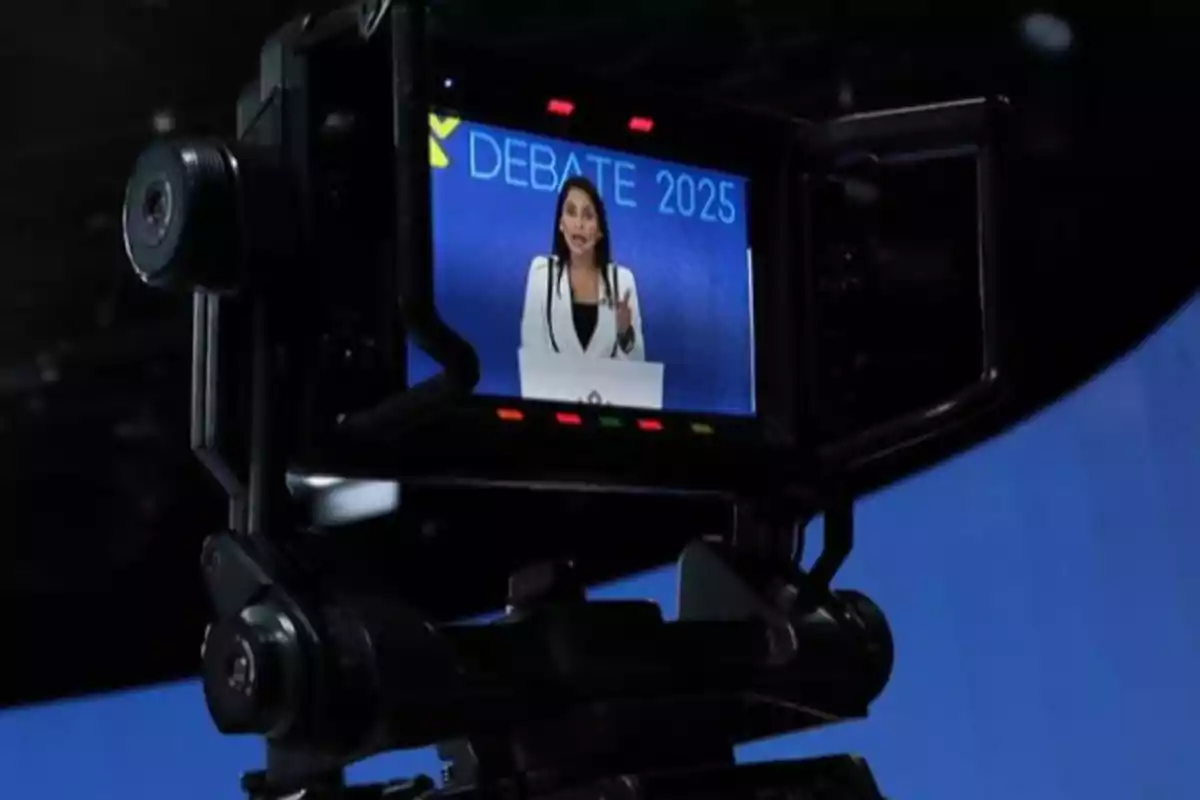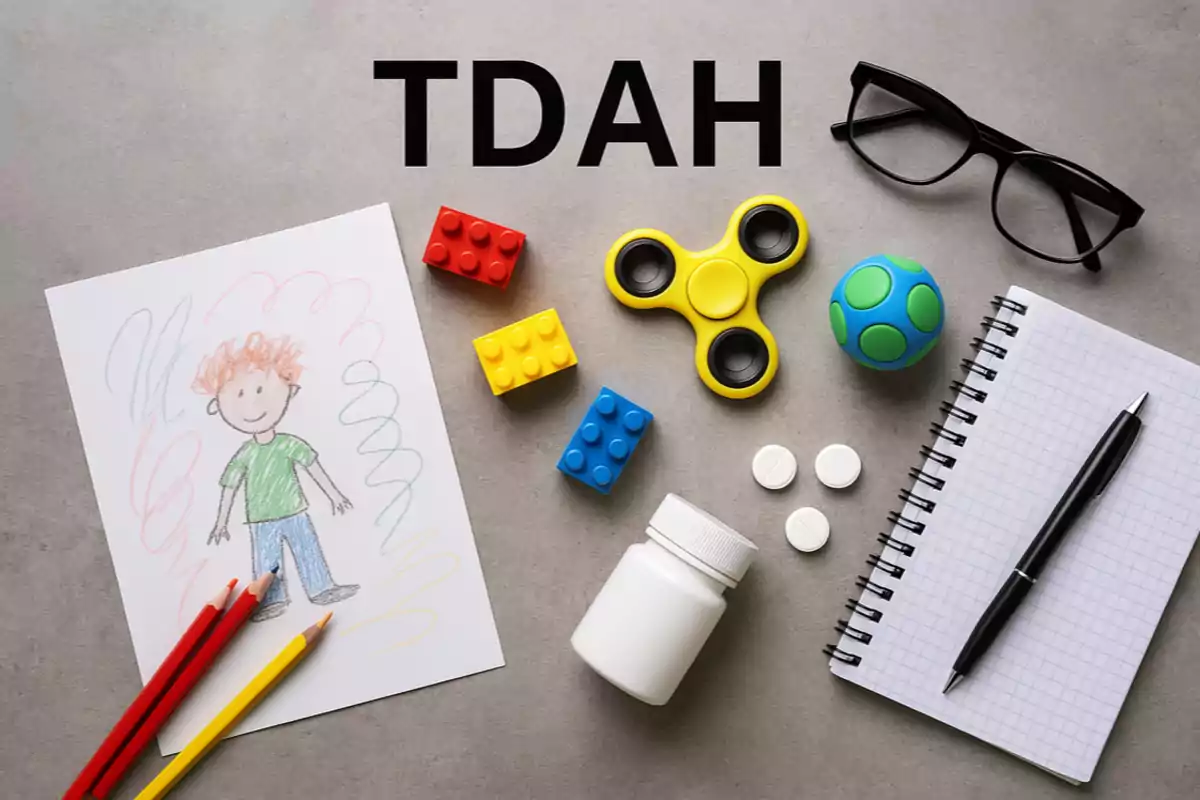
ADHD in Ecuador: A political debate that hides urgent needs
Collectives demand inclusive public policies, not apologies from presidential candidates
The recent presidential debate on March 23 has sparked controversy over Attention Deficit Hyperactivity Disorder (ADHD), following comments by Luisa González toward Daniel Noboa. The phrase "And your attention deficit isn't my problem, darling," spoken by the candidate of the Citizen Revolution, was seen by many as a minimization of a condition that affects thousands of Ecuadorians. For Francisco Pincay, who has ADHD, her words were not only derogatory but also reflect a lack of understanding of the challenges faced by people with this disorder.
Pincay, who is a teacher and has daughters with ADHD, highlights that despite the difficulties, his family has managed to develop professionally, thanks to the support of educational institutions that adopted inclusive methodologies. However, he claims that the State still needs to implement more effective public policies to guarantee inclusive education for children with ADHD.
Meanwhile, the group ‘Living and Surviving with ADHD’ issued a statement requesting public apologies from González. However, the fact-checker Lupa Media detected irregularities in the existence of said group, which caused more confusion. Pamela Sánchez, from ‘Children with ADHD in Ecuador,’ opined that this issue shouldn't be politicized. She assured that her group has no relation to the mentioned organization and emphasized that their goal is to offer support and information without getting involved in political matters.

Although ADHD is recognized in the Education Law as a special educational need, numerous cases of discrimination still persist in schools, and families often face difficulties accessing medication. Sánchez stresses that the government must simplify procedures for families and ensure that children with ADHD receive the attention they require without being discriminated against.
Instead of focusing on political apologies, families with members who suffer from ADHD demand real change in education and public health. It is essential that the State assumes its responsibility and works on inclusive policies that guarantee equal opportunities for all people, regardless of their neurobiological conditions.
More posts: